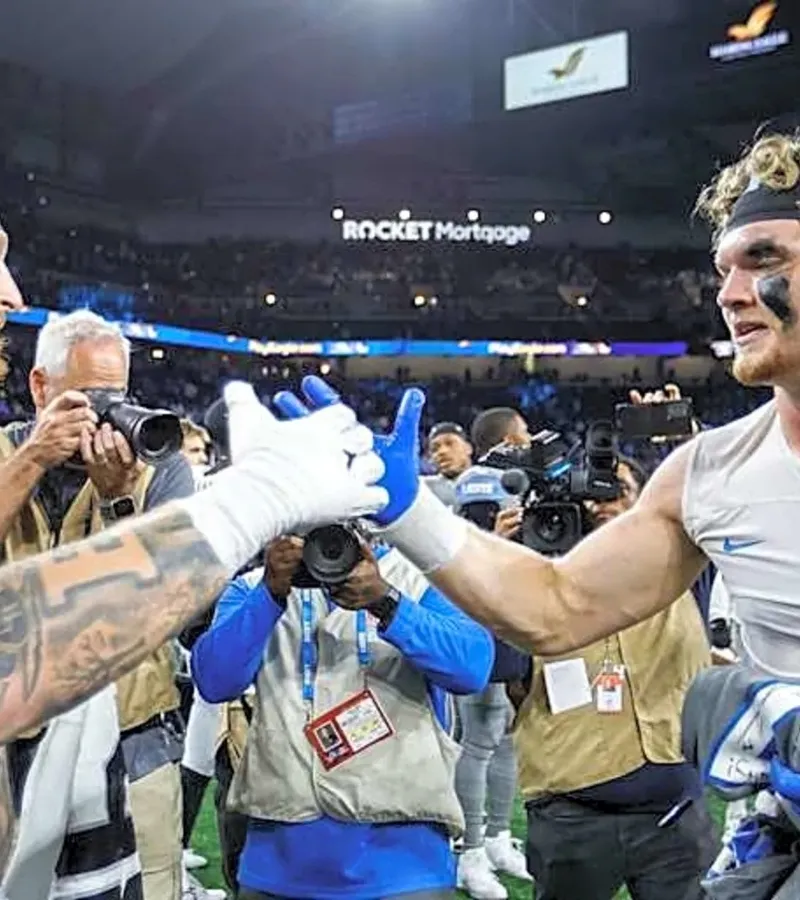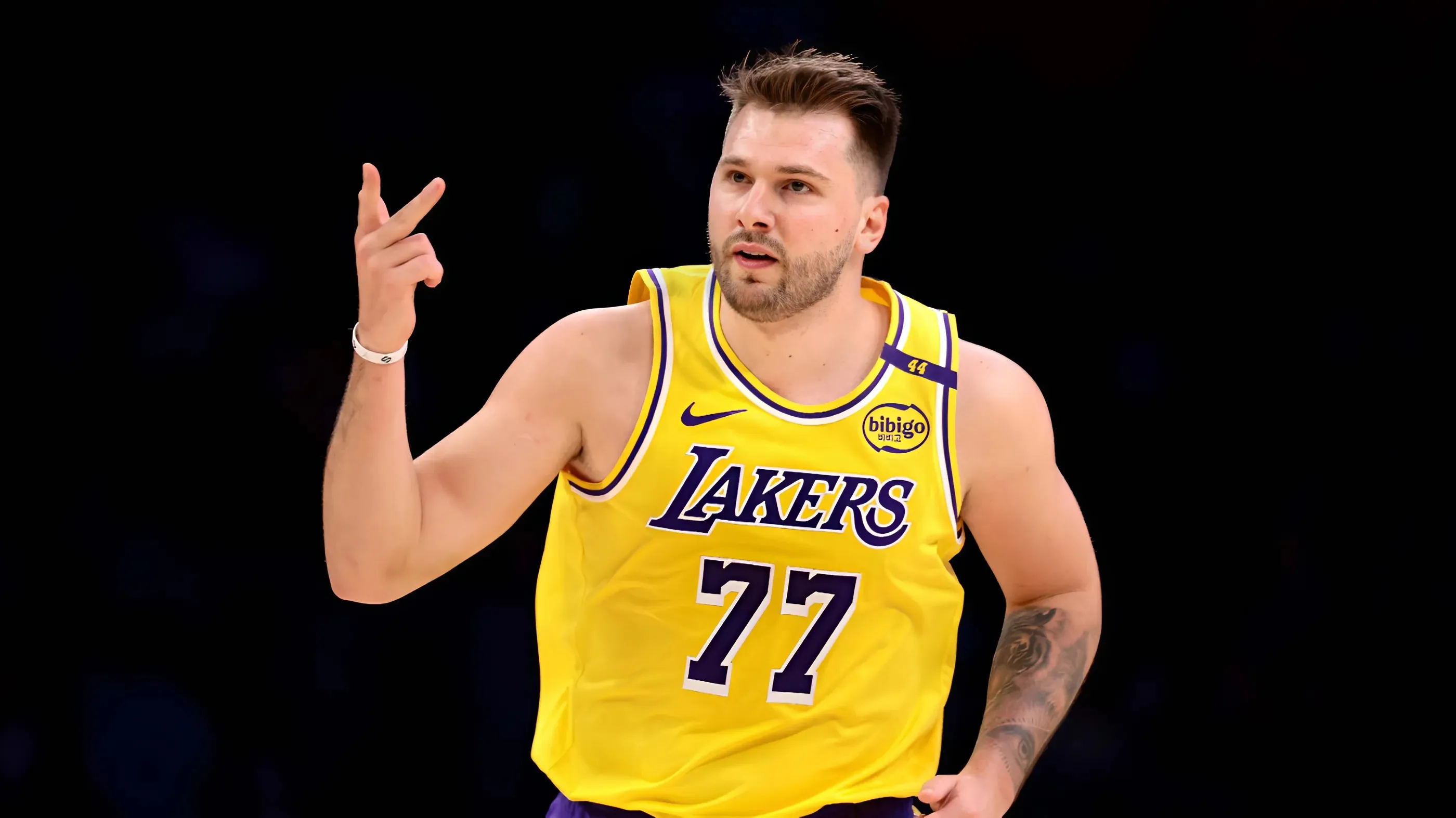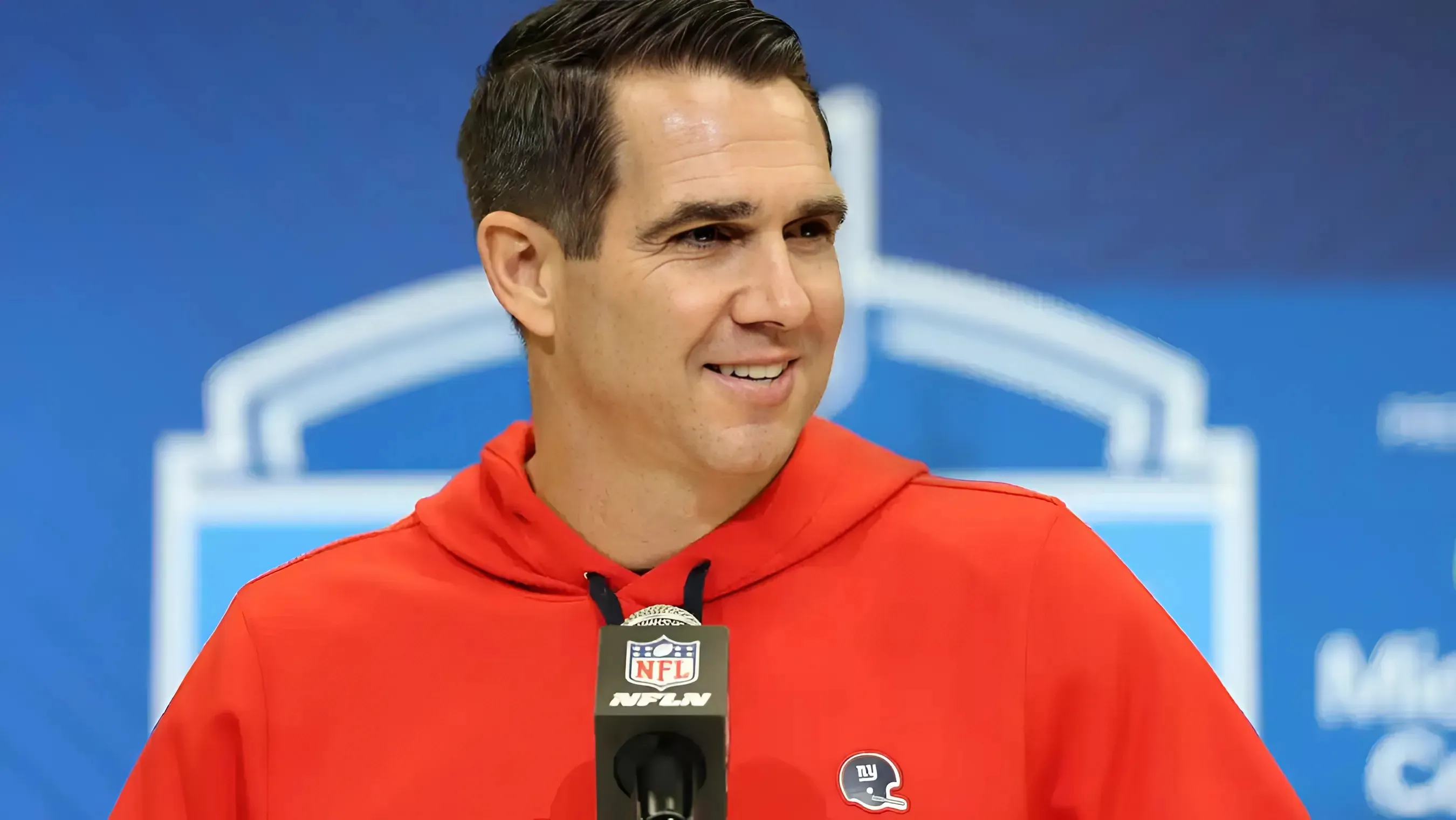Last Monday, the NBA held its draft lottery, choosing who out of its non-playoff teams would be selecting first in the upcoming 2025 NBA Draft. The Dallas Mavericks, despite only having a 1.8% chance of landing the top pick, won the lottery. The Chicago Bulls, with their 1.7% chance, did not.

However, they nearly did. Oh, did they ever come close.
It would have taken an enormous slice of luck for the Bulls to defy those long odds and move up in the lottery, almost as big of a slice of luck as they enjoyed when moving up to select Derrick Rose with the first overall pick all the way back in 2008. Lightning is not supposed to strike twice in this way. But due to how the lottery process works, the Bulls know how close they came to doing exactly that.
Three Out Of Four Things Went Right
The NBA’s draft lottery process is exactly what it sounds like – a lottery.
Balls numbered 1 to 14 are placed in a machine, from which four are drawn at random. Through a sheer mathematical vagary, there are exactly 1,001 possible combinations that can result from choosing four balls from 14 in this way; the NBA discards one, leaving 1,000 combinations, which are distributed amongst the lottery teams in accordance with their chance of winning (e.g. the 1.7% chance of first place for the Bulls corresponded to being assigned 17 of the 1,000 possible combinations).
The assignments for the 1,000 possible combinations are known by and distributed to the teams in advance, allowing observers to follow along as the balls are drawn sequentially. And in a bittersweet twist, this also allows those teams who did not hit the winning numbers – but who nearly did – see their agony up close.
Like the Bulls.
The Bulls Came So Very, Very Close
Much to the frustration and/or delight of the more conspiratorially minded, it is customary for the draft lottery process to take place behind closed doors, with the fans only informed via broadcast after the fact. There are however witnesses to the process. Each team sends its own representative of choice, auditors are on hand to verify the process, and a select few media members are permitted to follow along.
One such media was Mike Vorkunov of The Athletic. And in his piece reporting from the madness of the unlikely Mavericks victory, he mentioned just how close the Bulls had been to pulling off their even-longer odds:
As mentioned above, eight teams still had a chance to win the No. 1 pick before the last ball came out, but the Spurs had three potential outs. They had two extra because they won the Hawks’ pick this year from the Dejounte Murray trade. Here is the number, if it came out, that would have given each team the No. 1 pick:
Pelicans: 2; Nets: 3; Raptors: 4; Spurs: 5; Blazers: 6; Mavericks: 7; Bulls: 8; Kings: 9; Spurs (via the Hawks odds): 12 and 13.
Out came 7, and the Spurs had to settle for the second pick when another run of high numbers (12, 13, 11, 5) came out in their favor.
One number. One single solitary number. That was the difference between the Bulls picking first, and twelfth, which they will now do. That was the difference between Cooper Flagg and the Egor Demins of this world. Had the final 7 been an 8, the Bulls would have gotten away with everything.
And it was not the only way in which the Bulls game extremely close to winning, either.
Lightning Really Did Not Strike Twice
The reason the Bulls had a 1.7% chance, and the Mavericks a 1.8% chance, was itself due to nothing more than luck.
Having both finished with identical 39-43 records, a tiebreak was needed to determine who would pick higher in the draft, and by association, who would therefore also get the slightly increased lottery odds. A team’s chances of winning the lottery are determined primarily by their finishing position in the standings; the worse a team is, the more lottery ball combinations they get. And having finished with the same record, there therefore needed to be a determination as to who between Dallas and Chicago would pick eleventh, and who would pick twelfth.
In the NBA, this is resolved through nothing more complicated than a coin toss. And it was a coin toss the Mavericks won.
Had the Bulls won, they would have had the 18 combinations instead. Therefore, had the Bulls won the coin toss, they would have won the lottery. And even though they did not win the coin toss, had that final seven not simply been an eight rather than a seven, they still could have won the lottery. But neither happened.
One number. One coin toss. The twelfth pick, and every chance of another year as a tenth pick. For all the eventualities that can happen in a long and often grinding 82-game NBA regular season, sometimes, the future of a franchise really does come down to those tiny margins. The Bulls this season were not very good – and nor were they very lucky.



